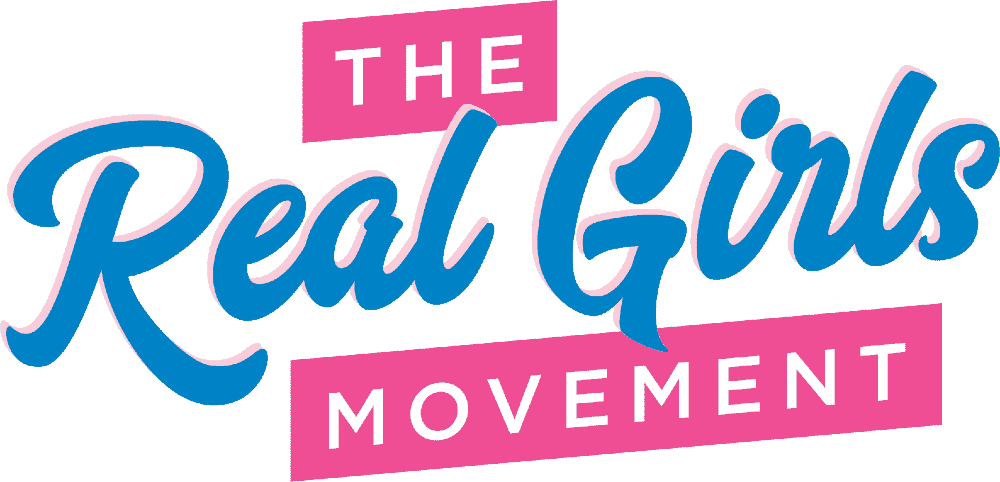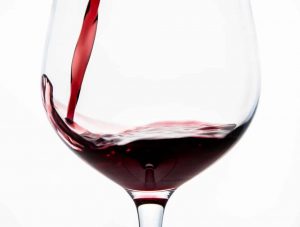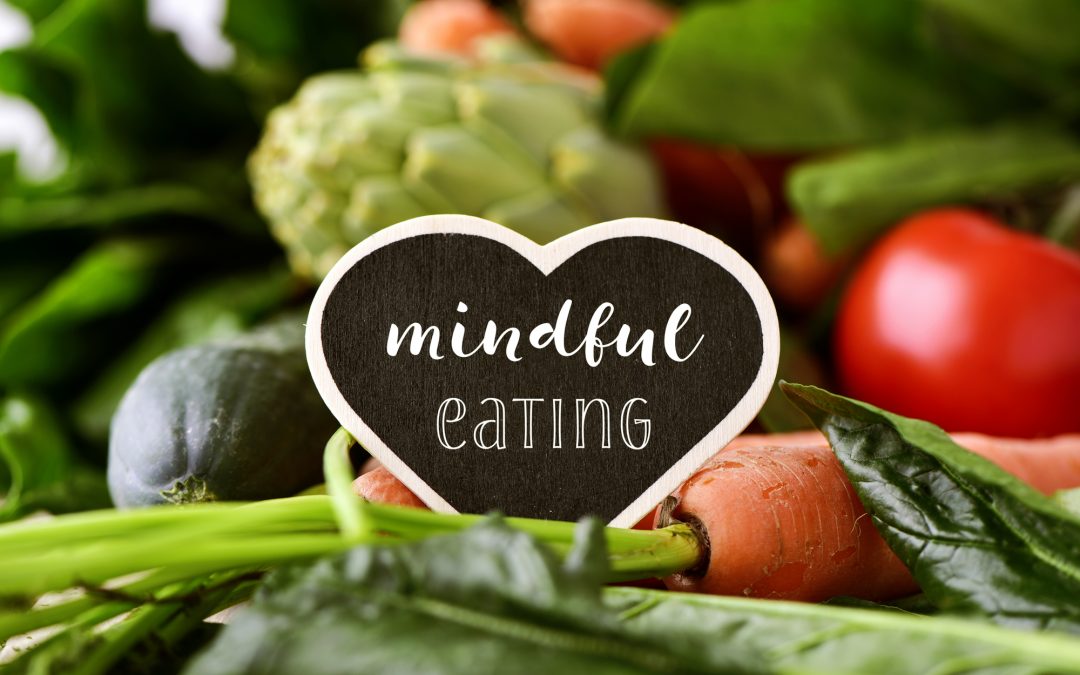I know many of my Real Girls enjoy a glass of wine – or two, but the question is, is it really good for you?
Well – I have some good news – kinda 😉
If you’ve heard that red wine is one of the healthiest of all alcoholic beverages, it’s for good reason.
Thanks to the antioxidants found in the skins of grapes from which it’s made, red wine has been widely publicised as being “healthful”. The kind of antioxidants found in red wine, such as RESVERATROL, have powerful anti-inflammatory properties.
Inflammation and oxidation are considered the root causes of most disease and consuming antioxidant-rich foods has been shown to be a key component in disease prevention.
Moderate consumption of ‘red’ has been linked to improved heart health, along with other health benefits, such as decreasing the risk of:
- Alzheimer’s disease
- diabetes
- certain cancers
- depression
Some of the excitement around red wine’s health benefits comes from its prominent role in the well-studied Mediterranean diet.
The Mediterranean diet includes lots of fruit, vegetables, fish, olive oil, and ‘red’, and is believed to contribute to a long lifespan and low incidences of heart disease and cancer among Mediterranean populations.
Despite the French traditionally eating a diet high in saturated fat (think cheese, cream, and buttery croissants!), the health benefits of red are thought to contribute to low rates of heart disease among this population.
How exactly does red wine improve heart health?
Does a glass of red a day really keep the doctor away? Maybe…
Regular consumption of red wine has been linked, in some studies, to the following positive outcomes:
- increased HDL cholesterol (the good, protective kind)
- lowered LDL cholesterol (the bad, inflammatory kind)
- lowered triglycerides (fat or lipids found in the blood)
- improved blood pressure
- more stable blood sugar levels
High blood pressure, elevated blood sugar, and undesirable cholesterol and triglyceride levels are all contributing factors in the development of more serious heart disease, such as heart attacks and stroke.
Is red wine an essential part of a healthy diet?
The short answer is no.
If you aren’t a fan of wine or choose not to consume alcoholic beverages, there’s no reason to start drinking for the sake of your health!
Plenty of other diet and lifestyle factors, like:
- eating lots of fruits and vegetables,
- getting regular physical activity,
- not smoking, and
- managing stress
can provide the same health benefits.
If you enjoy drinking wine, choose red varieties over white for the added antioxidants and health benefits. White wine does contain some antioxidants from grapes, however red contains much higher amounts.
Like any other alcoholic beverage, it’s also important to remember to limit consumption.
The health benefits of red wine only apply when it is enjoyed in moderation. Surprise!
When consumed in excess, any alcoholic beverage can negatively impact your health, potentially resulting in:
- alcohol dependence,
- organ damage, and
- increased risk of several cancers.
A good rule of thumb for alcohol intake is to limit consumption to one (1) drink per day for women and one to two (1-2) drinks per day for men. The serving size for one standard glass of red wine is 120 ml.
You read the right! ONE 120ml drink per day for women. Not two, three or four glasses, or the whole bottle. This is even more important if you are in peri-menopause or menopause (but more about that in another post).
Wine glass sizes can vary A LOT, so use a liquid measuring cup to familiarise yourself with what a 120 ml pour of wine looks like . You might be surprised at just how much you have been consuming per drink until now. Then, stick to that serving size!
References
Healthline – https://www.healthline.com/nutrition/red-wine-good-or-bad
Healthline – https://www.healthline.com/nutrition/red-vs-white-wine
Time.com – http://time.com/4070762/red-wine-resveratrol-diabetes/





